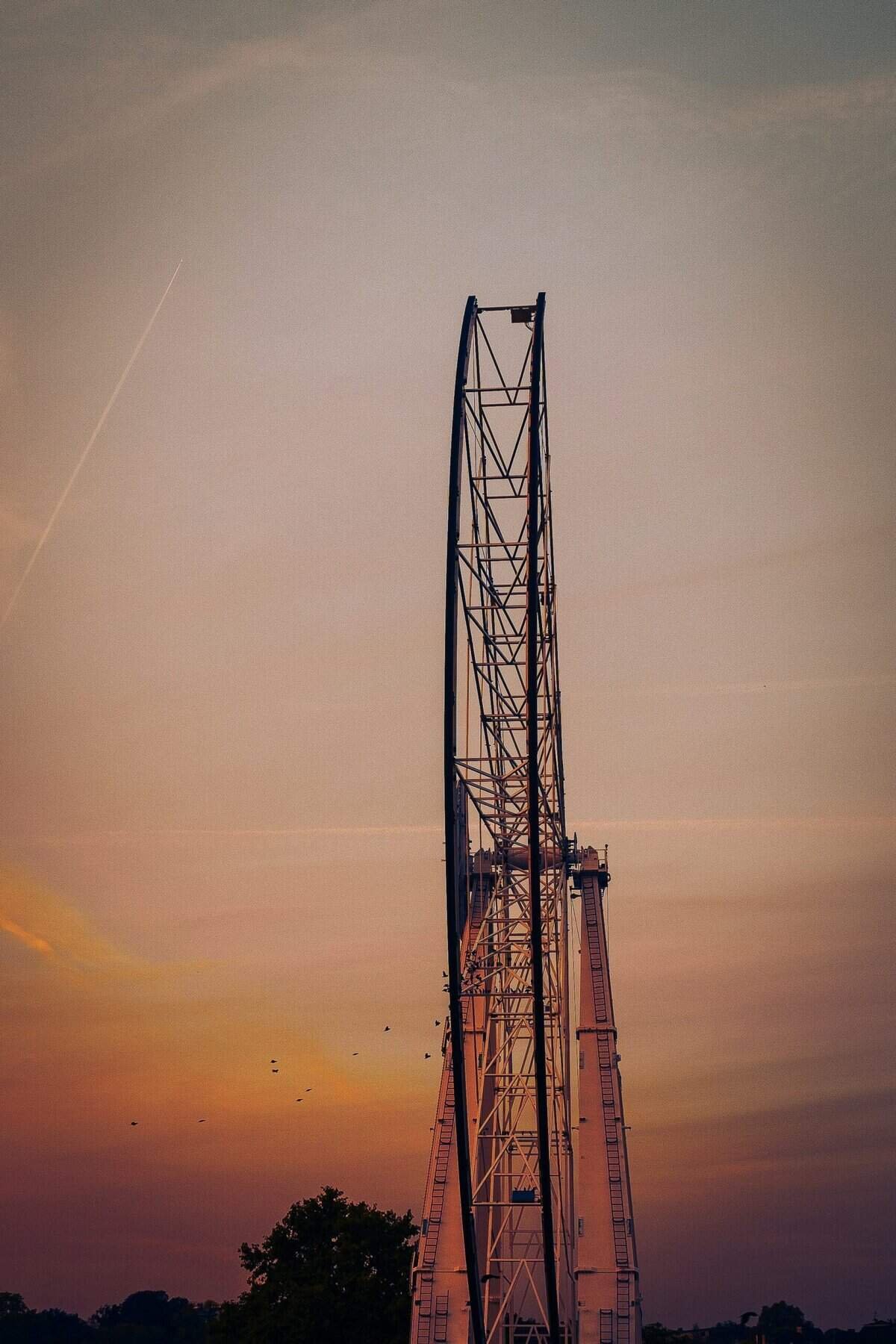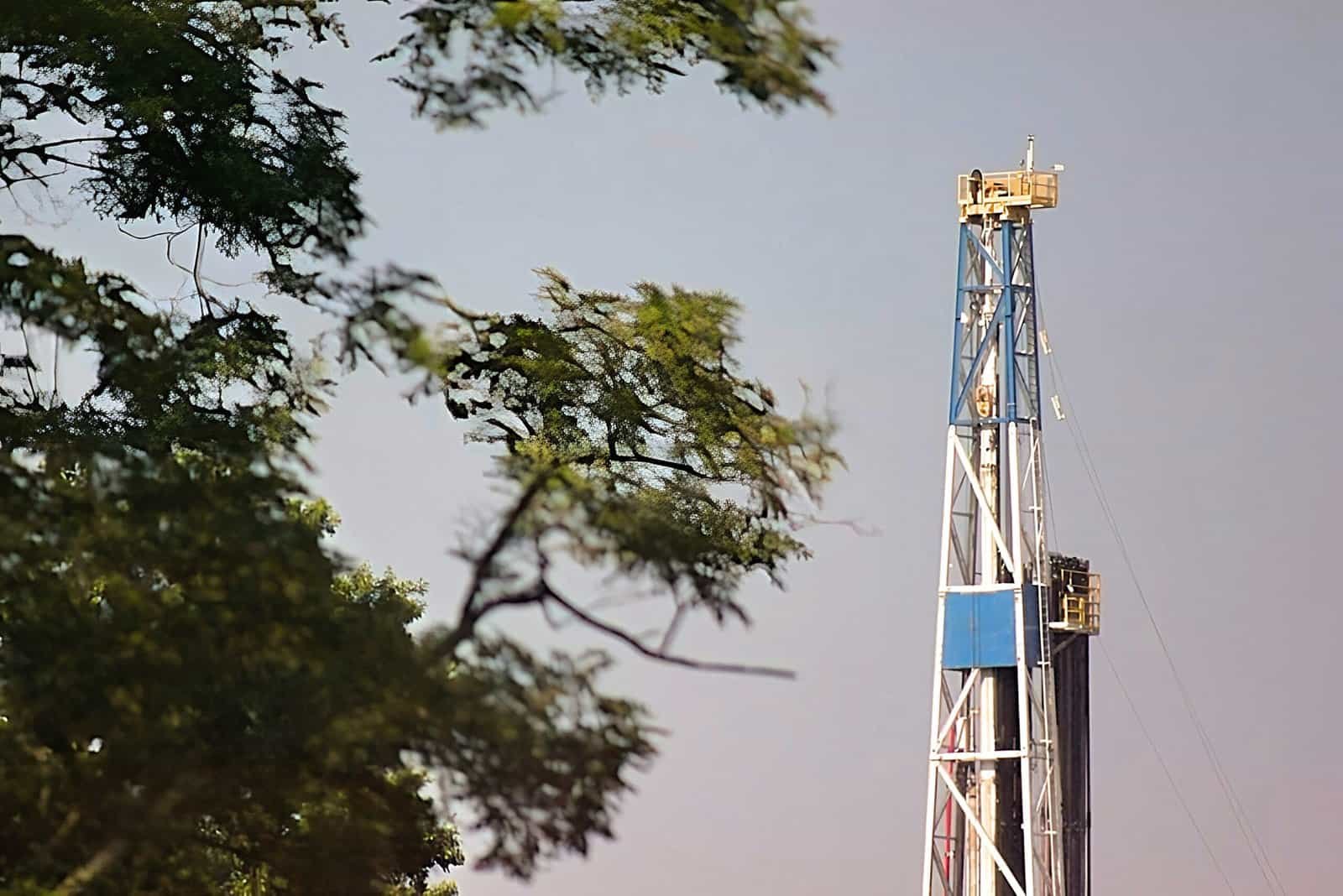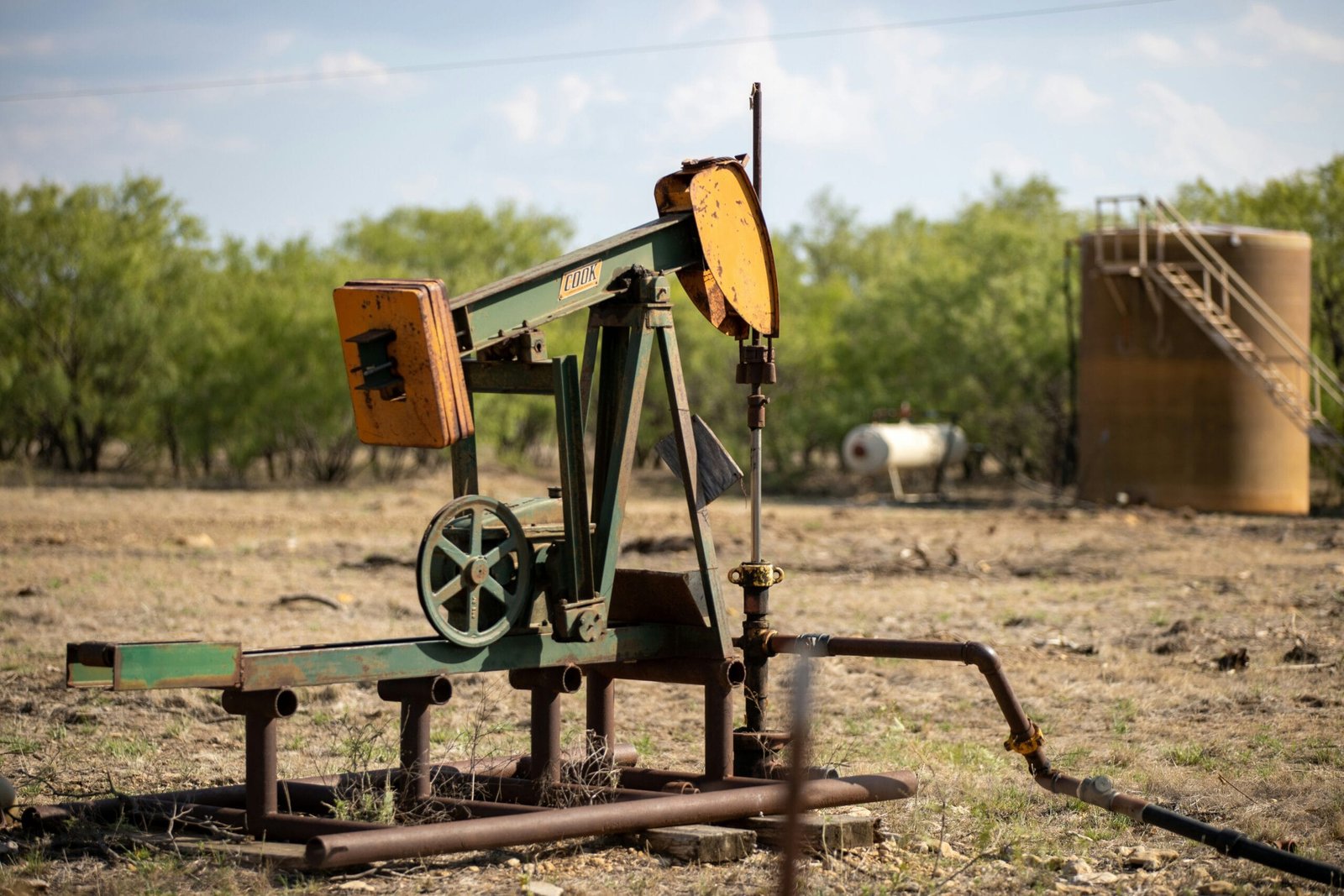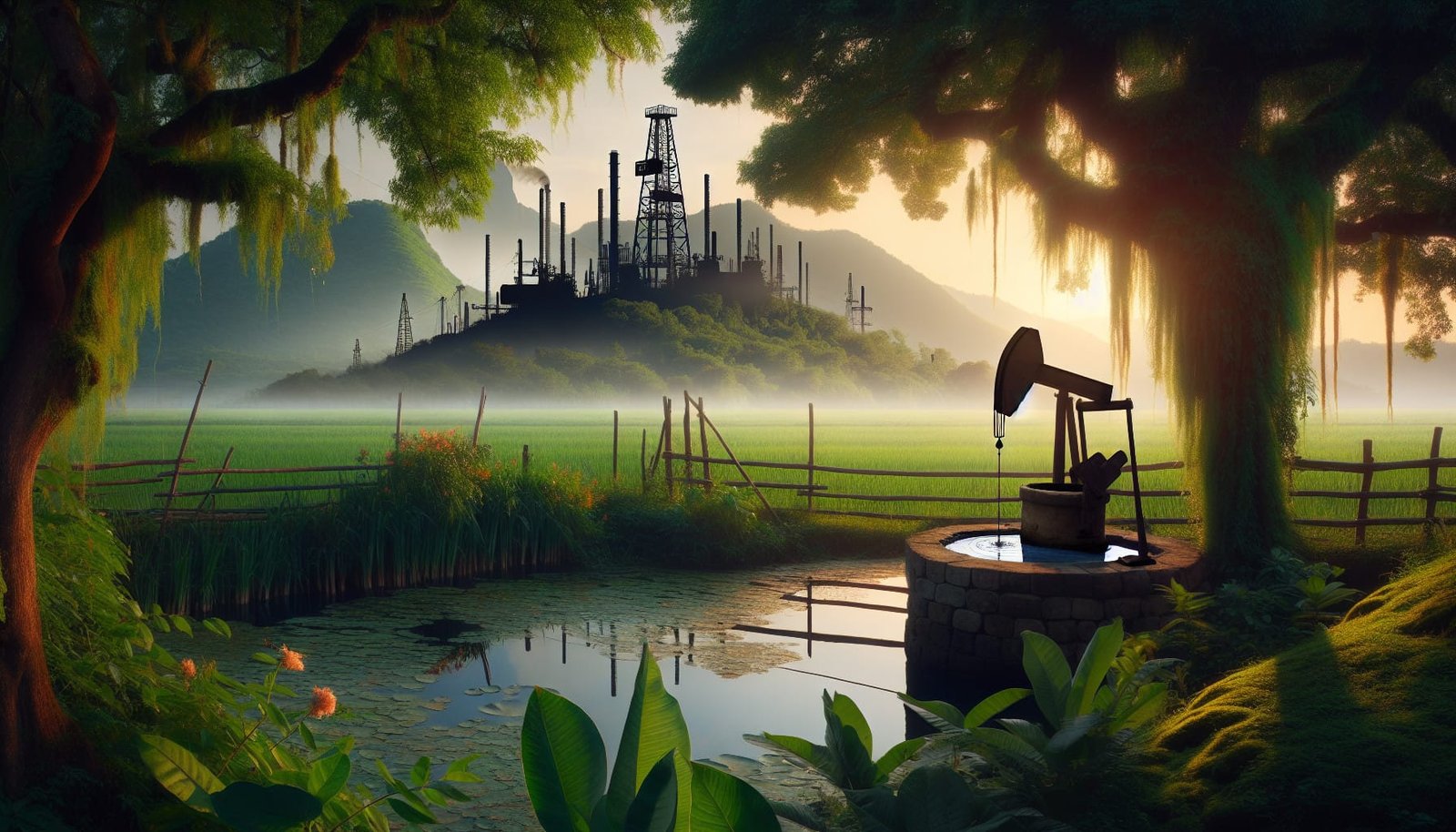Have you ever wondered how oil or gas drilling might impact your water well’s safety? It’s a valid concern, given the increasing number of drilling activities taking place. This article aims to answer your questions and provide peace of mind by unraveling the intricacies of how these activities may intersect with your well’s safety.

Understanding Oil and Gas Drilling
Before delving into the potential impacts on your well, it’s crucial to grasp how oil and gas drilling operates. By doing so, you’ll have a clearer picture of the processes involved and potential areas of concern.
What is Oil and Gas Drilling?
Oil and gas drilling is the process of extracting petroleum and natural gas from beneath the Earth’s surface. It involves penetrating the earth using a wellbore to reach geological formations containing oil and gas deposits. This process is vital for energy needs but can sometimes pose risks to nearby water sources.
How Does Drilling Work?
Drilling begins with geologists identifying potential sites through surveys and tests. Once a site is deemed viable, a drilling rig is brought in to create a wellbore. This borehole reaches subsurface formations where oil and gas are trapped. The drill cuts through various layers of earth, rock, and water sources, sometimes requiring drilling fluid, known as mud, to facilitate the process.
Types of Drilling
- Conventional Drilling: This involves drilling vertically into the earth until the target deposit layer is reached.
- Horizontal Drilling: This technique allows a well to be drilled vertically and then turned horizontally to access deposits spread over a larger area. It is often used with hydraulic fracturing (fracking).
The Role of Fracking
Hydraulic fracturing, or fracking, is a method employed to enhance the extraction rate of oil and gas from shale formations. It involves injecting a high-pressure fluid mixture to crack and release deposits from rock formations. Fracking can significantly increase extraction efficiency, but it also presents potential risks, particularly to groundwater safety.
How Oil and Gas Drilling Could Impact Your Well
Oil and gas drilling can affect groundwater and wells in various ways. It’s essential to understand these potential impacts so you can take proactive measures to safeguard your water supply.
Potential Contamination Sources
When drilling occurs near water wells, there is a risk of contaminating the groundwater with various byproducts. For instance:
- Drilling Fluids: These can include a mixture of water, clay, chemical additives, and sometimes oil, which help in cooling the drill bit and carrying out debris. If not contained, they may seep into the groundwater.
- Spills and Leaks: Equipment failures or accidents can result in oil, gas, or fracking chemicals leaking into nearby water sources.
- Methane Migration: This is where methane gas escapes from the well into groundwater or the surrounding areas. High methane levels can be dangerous as they may result in explosions.
Structural Risks to Wells
Beyond contamination, drilling activities can lead to physical alterations or damage to well structures:
- Ground Subsidence: The extraction of underground reservoirs can sometimes lead to ground subsidence or sinkholes, which can affect well integrity.
- Well Casing and Integrity: Vibrations and pressure changes from nearby drilling can damage the casing of a well, leading to possible contamination.
Regulatory Measures and Safety Practices
To mitigate the risks associated with drilling, various regulatory measures and best practices have been established. Understanding these can help you assess whether drilling near your property adheres to safety standards.
Regulatory Framework
- Local and Federal Regulations: In the United States, for instance, the Environmental Protection Agency (EPA) and state departments regulate drilling activities, especially concerning groundwater protection.
- Environmental Assessments: Before drilling begins, companies are required to conduct thorough environmental assessments to identify any potential risks.
Best Practices for Safety
- Well Construction Standards: Ensuring that drilling companies adhere to strict construction standards can reduce the likelihood of contamination or structural damage.
- Continuous Monitoring: Implementing real-time monitoring systems for drilling operations can quickly identify and address any issues.
What You Can Do to Protect Your Well
While regulatory frameworks exist, taking personal measures can further safeguard your well from potential contamination or damage.
Regular Water Testing
Conduct regular water tests to detect any changes in quality. This can serve as an early warning system for potential contamination.
Well Maintenance
Regular maintenance of your well ensures that it remains structurally sound and free of any external contaminants.
Maintenance Checklist
| Task | Frequency | Description |
|---|---|---|
| Visual Inspection | Quarterly | Look for signs of damage, leaks, or corrosion. |
| Water Quality Test | Annually or Bi-Annually | Test for bacteria, nitrates, and pH levels. |
| Inspect Well Casing | Every 5 years | Check for cracks or dislocations. |
Open Communication with Drilling Companies
If drilling is set to occur near your property, open a channel of communication with the drilling company. Inquire about their safety practices and express any concerns you might have regarding your well.

How to Respond if Issues Arise
Even with preventive measures, issues can sometimes occur. Being prepared and knowing how to respond can mitigate damage and protect your well’s safety.
Identifying a Problem
Signs of potential issues include a noticeable change in water quality (taste, odor, or clarity), reduced water pressure, or visible damage to the well structure.
Immediate Steps to Take
Stop Using Water: Discontinue using water from the well until it is tested and deemed safe.
Contact Authorities: Report any suspected contamination or damage to local water authorities or environmental agencies.
Hire a Professional: Seek the services of a well specialist to assess and repair any damage.
Seeking Legal Recourse
If a drilling company’s negligence results in well contamination or damage, you may need to explore legal avenues to seek compensation. Consulting with an attorney experienced in environmental law can provide guidance on how to proceed.
Understanding Long-Term Implications and Prevention
The broader implications of drilling activities on groundwater supplies call for continuous attention and action.
The Bigger Picture: Water Scarcity and Quality
As drilling becomes more prevalent, its impact on water scarcity and quality cannot be ignored. Being proactive in conserving water and supporting sustainable drilling practices benefits the broader community and environment.
Supporting Sustainable Practices
Advocate for sustainable drilling practices within your community. This can involve supporting legislation that promotes safer drilling techniques and investing in renewable energy alternatives to reduce dependence on nonrenewable resources.

Conclusion
Addressing concerns about oil and gas drilling and its potential impact on well safety involves understanding the processes, recognizing potential risks, and taking proactive measures. Whether it’s through direct action by maintaining and testing your well or participating in wider advocacy for sustainable practices, your efforts contribute significantly to ensuring not only your well’s integrity but also the health of the broader ecosystem.
By staying informed and engaged, you can help protect your well from possible contamination or damage, securing clean and safe water for your household.

